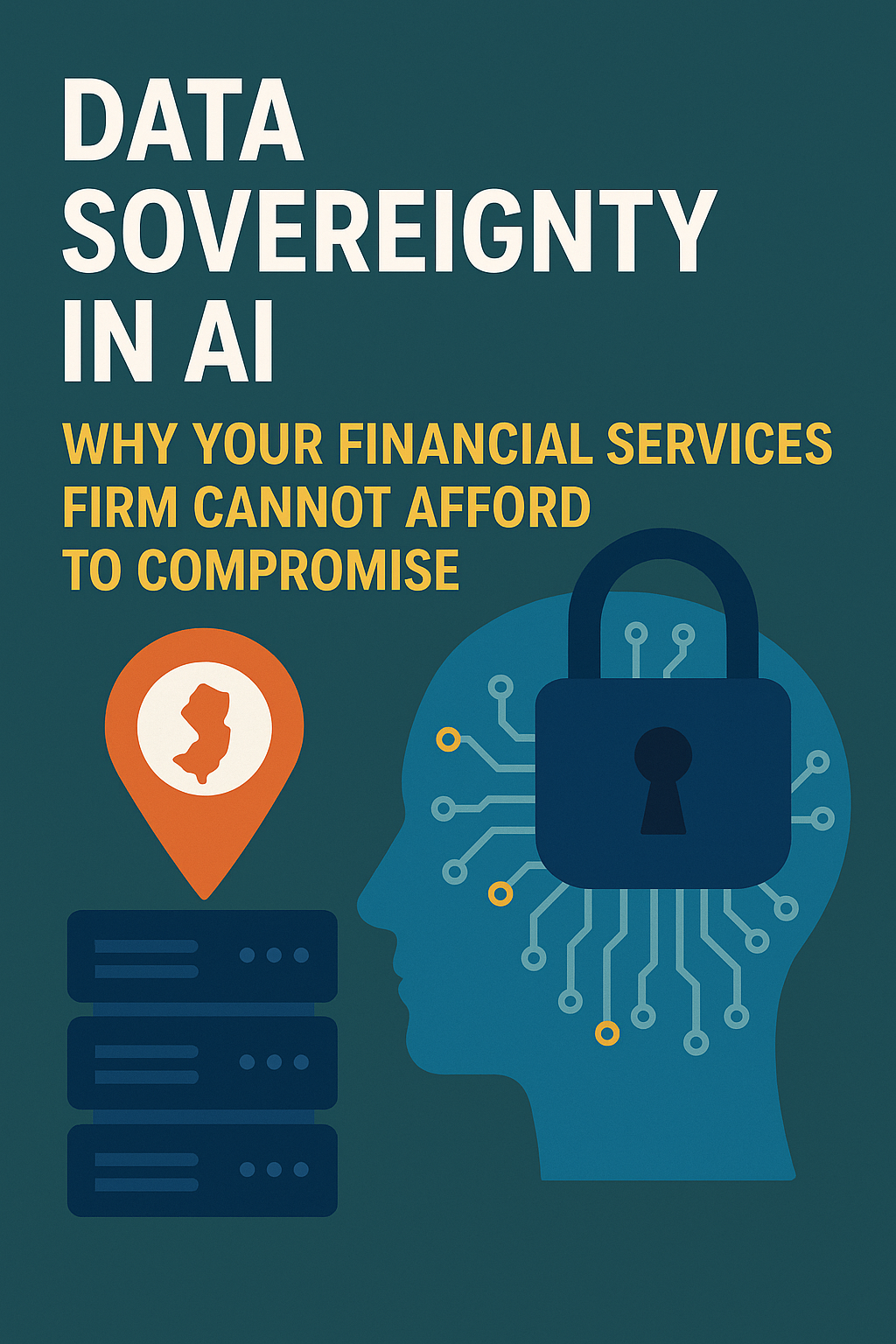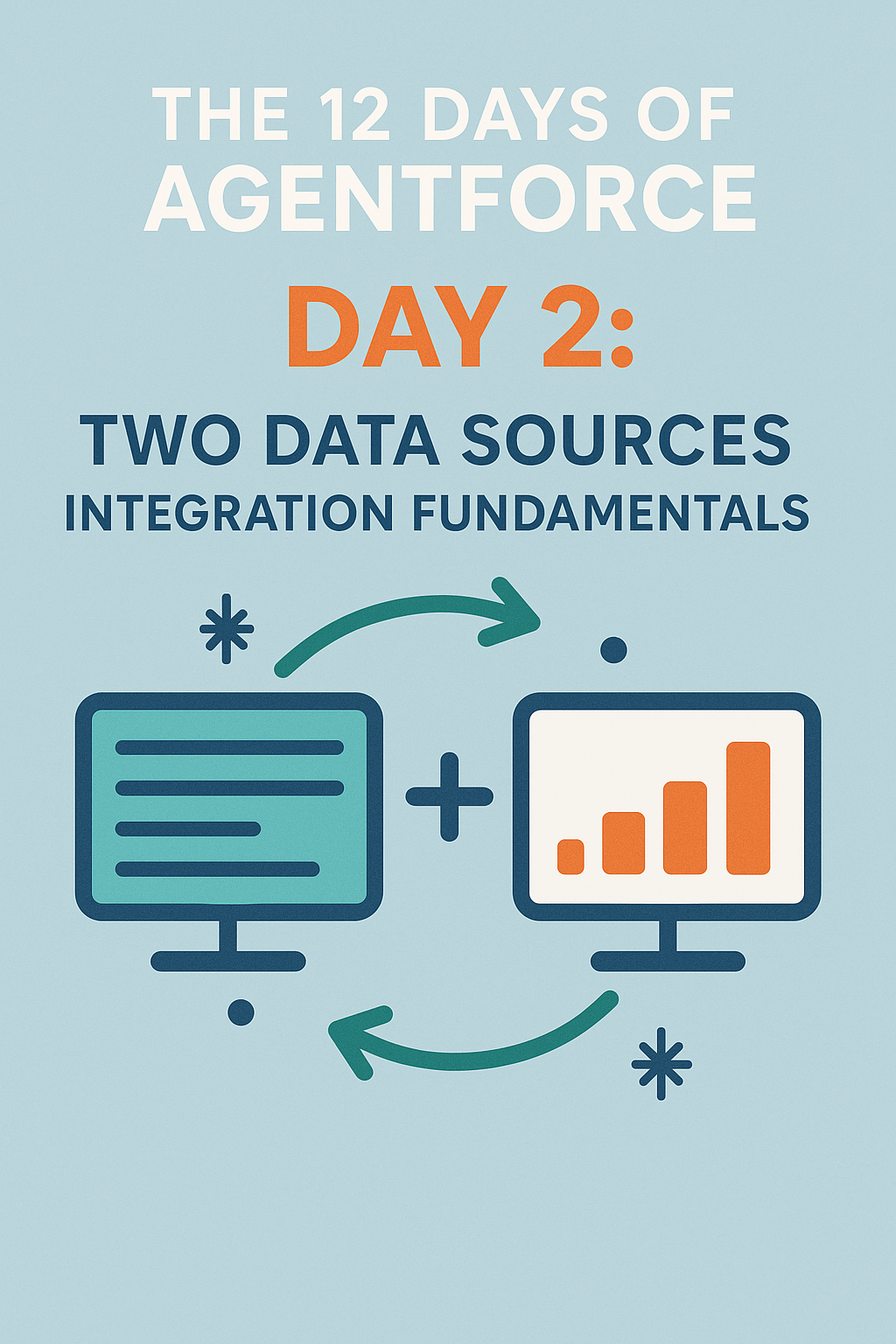
Overcoming Limitations in Hubspot and Salesforce Integration with Salesforce Marketing Cloud

As businesses grow and evolve, the need for seamless integration between marketing and sales platforms becomes increasingly important. Hubspot and Salesforce are two popular platforms that, when integrated, can provide businesses with a powerful combination of marketing automation and CRM capabilities. However, there are some limitations when it comes to integrating these two platforms. In this blog post, we will discuss five common limitations and how Salesforce Marketing Cloud can help overcome them.
Limitations
Limitation 1: Naming Conventions
Differences in naming conventions between Hubspot and Salesforce can lead to confusion and errors when trying to integrate the two platforms.
Example: Hubspot and Salesforce have different naming conventions for the same fields, which can lead to confusion and errors.
Impact: This can cause data to be mislabeled or lost in translation between the two platforms, leading to inaccurate reporting and decision-making.
Benefit of Marketing Cloud: Salesforce Marketing Cloud allows for custom field mapping, so businesses can ensure that their data is labeled consistently across platforms.
Limitation 2: Property Mappings
Inconsistencies in property mappings between Hubspot and Salesforce can result in incomplete or inaccurate data syncing.
Example: Hubspot and Salesforce have different properties for the same data, which can lead to incomplete or inaccurate data syncing.
Impact: This can cause data to be lost or incomplete when syncing between the two platforms, leading to inaccurate reporting and decision-making.
Benefit of Marketing Cloud: Salesforce Marketing Cloud allows for custom field mapping, so businesses can ensure that their data is synced accurately across platforms.
Limitation 3: Syncing Issues
Differences in syncing schedules and methods between Hubspot and Salesforce can cause delays or missed data syncing.
Example: Hubspot and Salesforce have different syncing schedules and methods, which can lead to delays or missed data syncing.
Impact: This can cause data to be out of date or missing when syncing between the two platforms, leading to inaccurate reporting and decision-making.
Benefit of Marketing Cloud: Salesforce Marketing Cloud allows for real-time syncing between Hubspot and Salesforce, ensuring that data is always up-to-date across platforms.
Limitation 4: Data Flow
Differing data structures between Hubspot and Salesforce can lead to limited data flow between the two platforms.
Example: Hubspot and Salesforce have different data structures, which can lead to limited data flow between the two platforms.
Impact: This can cause businesses to miss out on valuable insights and opportunities due to incomplete or limited data flow between platforms.
Benefit of Marketing Cloud: Salesforce Marketing Cloud allows for seamless data flow between Hubspot and Salesforce, ensuring that businesses have access to all of their valuable data in one place.
Limitation 5: Segmentation
Differences in segmentation capabilities between Hubspot and Salesforce can result in incomplete or inaccurate segmentation.
Example: Hubspot and Salesforce have different segmentation capabilities, which can lead to incomplete or inaccurate segmentation.
Impact: This can cause businesses to miss out on valuable insights and opportunities due to incomplete or inaccurate segmentation.
Benefit of Marketing Cloud: Salesforce Marketing Cloud allows for seamless segmentation across Hubspot and Salesforce, ensuring that businesses can segment their audiences accurately and effectively.
Potential Issues When Integrating Hubspot with Salesforce CRM
Despite the benefits of integrating Hubspot with Salesforce CRM, it's essential to be aware of potential issues that may arise if you decide to move forward with this integration. Here are some common challenges that businesses may face:
1. Multiple "Sources of Truth"
When two systems look for the same data, it can be challenging to determine which one is the source of truth. For example, is it the data from Hubspot that shows an email was opened, or is it the data in the CRM that shows no engagement due to a sync issue? This ambiguity can lead to confusion and inefficiencies within the sales and marketing teams.
2. Shadow IT Costs
Integrating Hubspot with Salesforce CRM may require additional resources and support. Will your IT team pull lists from the CRM, or will you need to hire an outside partner to manage the integration? These hidden costs can impact your overall budget and resource allocation.
3. Data Leakage
When integrations fail, data may disappear or become inaccessible. This data leakage can lead to incomplete or inaccurate information, adversely affecting the sales and marketing teams' performance and decision-making.
4. Continued Integration Maintenance
Custom integrations between Hubspot and Salesforce CRM may require ongoing maintenance and updates, especially when either Salesforce or Hubspot updates their platforms. It's crucial to consider who will be responsible for fixing and maintaining the integration to ensure a seamless and efficient data flow between the two systems.
By being aware of these potential issues, businesses can better prepare for the challenges of integrating Hubspot with Salesforce CRM and make informed decisions about whether this integration is the right choice for their organization.
How Vantage Point Consulting Can Help
At Vantage Point Consulting, we are a Salesforce-certified Marketing Cloud partner dedicated to helping organizations maximize their investment in Salesforce, including navigating the complex landscape of integrations. Our team of experts understands the challenges and limitations that can arise when integrating Hubspot with Salesforce CRM, and we provide guidance and support to ensure a seamless and efficient integration process. By leveraging our experience and expertise, we are able to help businesses make the most of their Salesforce CRM and marketing automation investments while minimizing the risks associated with integration challenges.
Conclusion
In conclusion, while integrating Hubspot and Salesforce can provide businesses with a powerful combination of marketing automation and CRM capabilities, there are some limitations that can hinder the effectiveness of this integration. By leveraging Salesforce Marketing Cloud, businesses can overcome these limitations and ensure a seamless, accurate, and effective integration between their marketing and sales platforms. At Vantage Point Consulting, we are committed to helping businesses optimize their marketing and sales efforts by providing expert guidance and support in implementing Salesforce Marketing Cloud. Contact us today to learn more about how we can help your business succeed.



